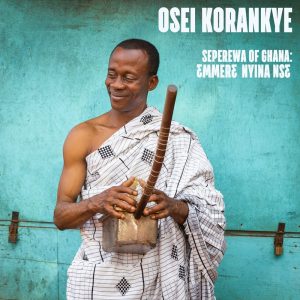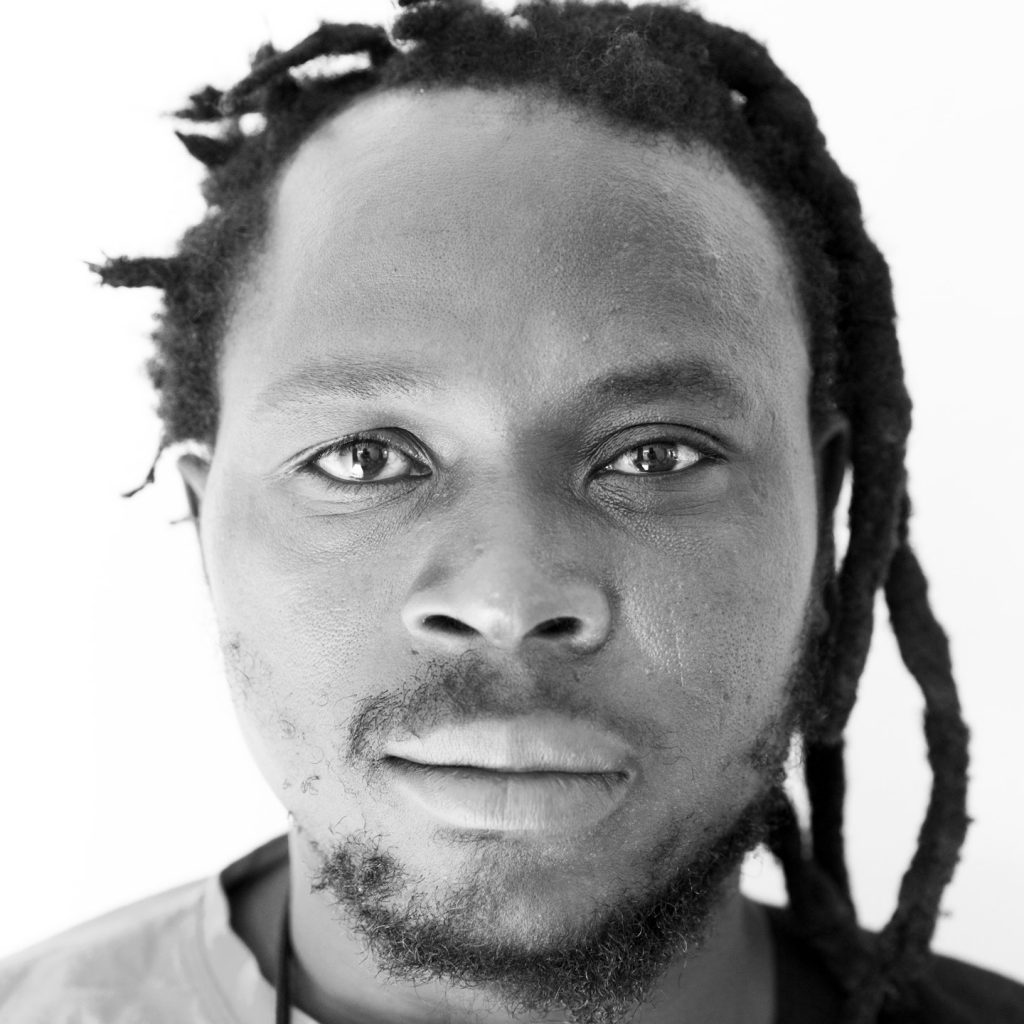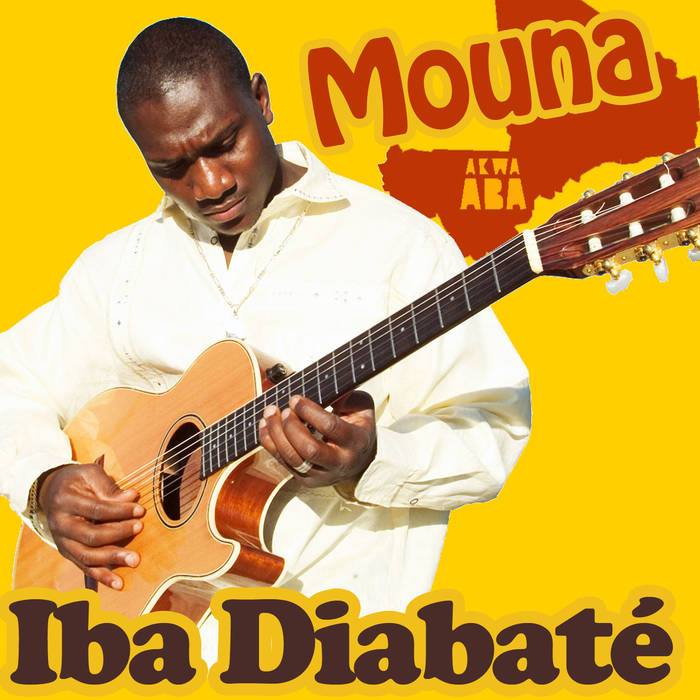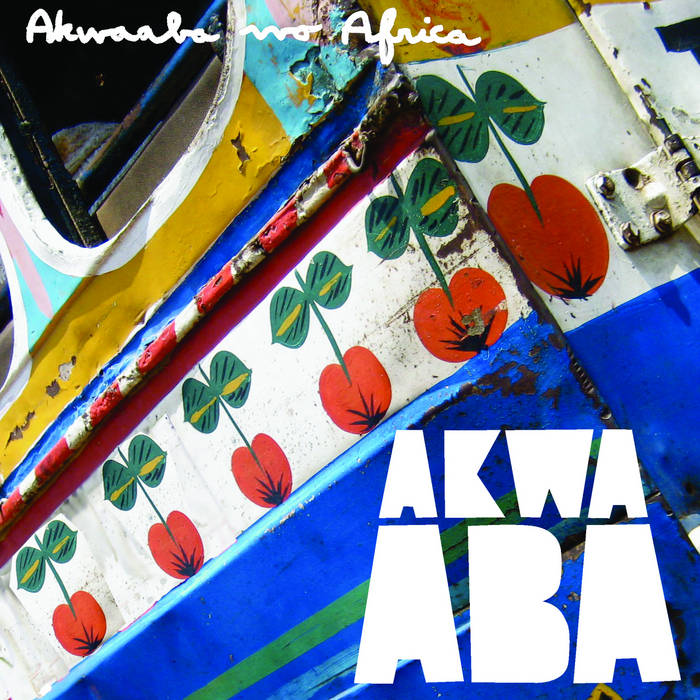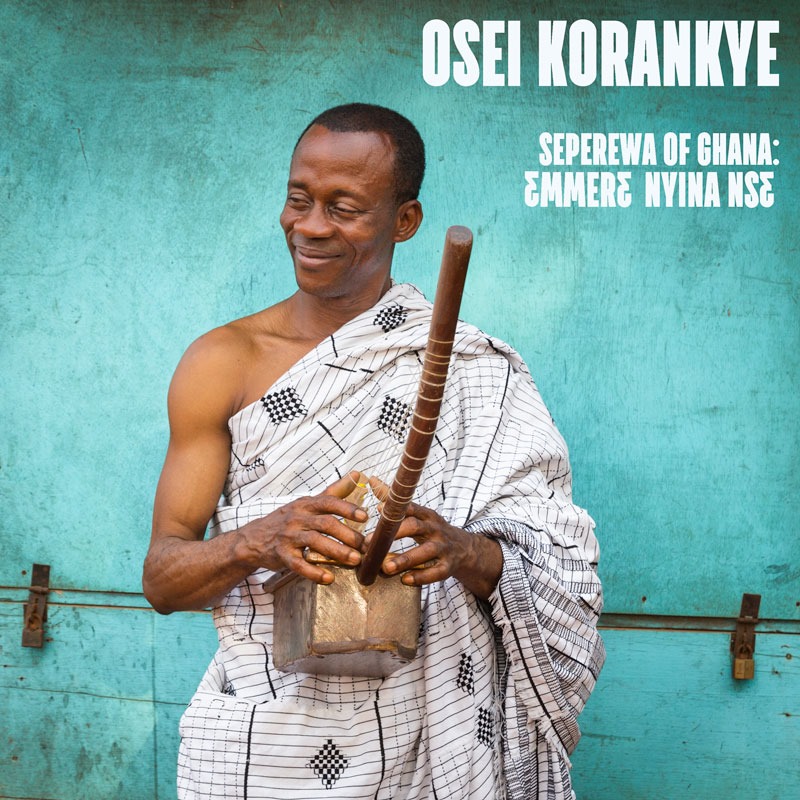Mabiisi – Awine Video
[:en]
Originally published on Fader:
Mabiisi is a new project from Art Melody, an established rapper from Burkina Faso, and Stevo Atambire, a revered musician from Ghana who plays the kologo, a West African stringed instrument. They both live in their respective country’s capital—Melody in Ouagadougou and Atambire in Accra—and their music together fuses folk tradition with contemporary styles. Taken from their self-titled debut album, “Awine” sets Melody’s raspy flow against Atambire’s sweet kologo playing and the result sounds—and looks (peep the video above)—like a celebration of spring time.
“‘Awine’ is a praise song, a call for all to be grateful to God,” Stevo Atambire told The FADER over email. Art Melody expands on the theme: “The term God doesn’t necessarily refer to a religious deity,” he explains. “‘Awine’ is an answer to all the differences we see in the world today: religious, ethnic, social. We all come from the same place, we all live in the same place, and we’re all going to the same place. This is the divine unity among human beings, and this is what we should be thankful for.”
[:fr]
Publié à l’origine sur Fader:
Mabiisi est le nouveau projet d’Art Melody, rappeur consacré du Burkina Faso, et de Stevo Atambire, musicien réputé du Ghana, joueur de kologo : un instrument à corde ouest africain. Ils vivent tous deux dans la capitale de leur pays d’origine —Melody à Ouagadougou et Atambire à Accra— et leur musique fusionne la tradition folk avec des styles contemporains. Extrait de leur album éponyme “Awine” confronte le flow râpeux de Melody aux accords calmes du kologo de Stevo, le résultat sonne—et paraît (cf la vidéo ci-dessus)—comme un hommage au printemps.
“’Awine’ est un chant de louange, un appel universel à être remerciant envers Dieu,” écrit Stevo à The FADER par email. Art Melody développe le sujet: “Le terme Dieu ne renvoie pas nécessairement à une entité religieuse. ‘Awine’ est une réponse à toutes les différences dont nous sommes témoins dans le monde aujourd’hui: religieuses, ethniques, sociales. Nous venons tous du même lieu, et nous allons vers un endroit identique. C’est l’unité divine entre les être humains, et c’est ce dont nous devrions être remerciant.”
[:de]
Originally published on Fader:
Mabiisi is a new project from Art Melody, an established rapper from Burkina Faso, and Stevo Atambire, a revered musician from Ghana who plays the kologo, a West African stringed instrument. They both live in their respective country’s capital—Melody in Ouagadougou and Atambire in Accra—and their music together fuses folk tradition with contemporary styles. Taken from their self-titled debut album, “Awine” sets Melody’s raspy flow against Atambire’s sweet kologo playing and the result sounds—and looks (peep the video above)—like a celebration of spring time.
“‘Awine’ is a praise song, a call for all to be grateful to God,” Stevo Atambire told The FADER over email. Art Melody expands on the theme: “The term God doesn’t necessarily refer to a religious deity,” he explains. “‘Awine’ is an answer to all the differences we see in the world today: religious, ethnic, social. We all come from the same place, we all live in the same place, and we’re all going to the same place. This is the divine unity among human beings, and this is what we should be thankful for.”
[:]


